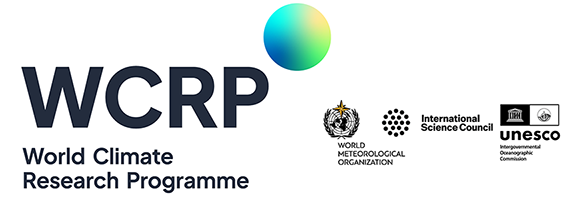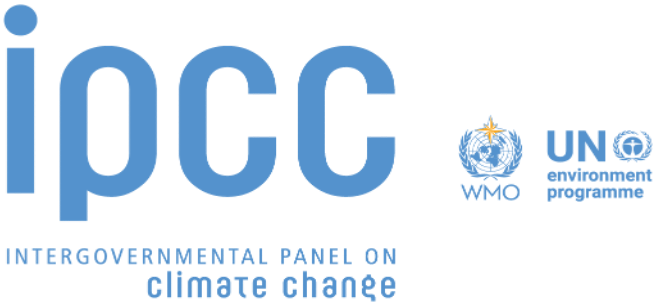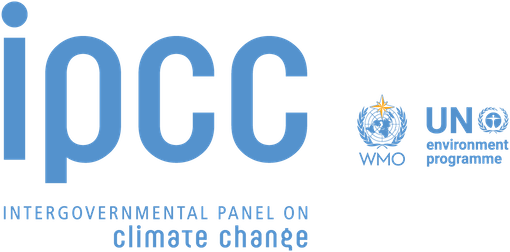
The World Climate Research Programme (WCRP) coordinates research around some of the most pressing scientific questions in relation to the compounded nature of the climate system, to find answers together with all nations, looking at it from multitude of disciplines. Through international science coordination and partnerships, WCRP contributes to advancing our understanding of the multi-scale dynamic interactions between natural and social systems that affect climate. To inform the development of policies, services and to promote science education. Most critically, WCRP-supported research builds the climate science that underpins the United Nations Framework Convention on Climate Change, including national commitments under the Paris Agreement of 2015, and contributes to the knowledge that supports the 2030 Agenda for Sustainable Development, the Sendai Framework for Disaster Risk Reduction, and multilateral environmental conventions.

Through its assessments, the Intergovernmental Panel on Climate Change (IPCC) determines the state of knowledge on climate change. It identifies where there is agreement in the scientific community on topics related to climate change, and where further research is needed. The reports are drafted and reviewed in several stages, thus guaranteeing objectivity and transparency. The IPCC does not conduct its own research. IPCC reports are neutral, policy-relevant but not policy-prescriptive. The assessment reports are a key input into the international negotiations to tackle climate change. Created by the United Nations Environment Programme (UN Environment) and the World Meteorological Organization (WMO) in 1988, the IPCC has 195 Member countries. In the same year, the UN General Assembly endorsed the action by WMO and UNEP in jointly establishing the IPCC.

The National Institute for Sciences of the Universe (CNRS-INSU) leads and coordinates national and international research in Earth sciences, continental surfaces and interfaces, the ocean, the atmosphere, astronomy, and astrophysics. Structured around observatories dedicated to the sciences of the Universe, CNRS-INSU is opening up new avenues for responding to the major scientific challenges currently facing the Universe and Earth. Its research focuses on issues that affect our life on Earth (the effects of climate change, solutions for sustainable development, the assessment of renewable energies, and the anticipation of natural risks), as well as the formation and evolution of the Universe.

The climate, climate change, and more generally, upheavals of the Earth's environment, each year raise a number of both fundamental and applied questions. As we gain in awareness of how man affects the “Earth system” and of the urgent need to initiate profound changes, an in-depth understanding of environmental mechanisms and their reactions to various human disturbances has become essential. The Institut Pierre-Simon Laplace (IPSL) is a unique place for scientific exchange at the intersection of many areas of expertise which come together to meet the ever-growing demand for knowledge, training and the development of innovative solutions to protect the environment.

Sorbonne University is a multidisciplinary, research-intensive, world-class university. Located in the heart of Paris, with a regional presence, it is committed to the success of its students and to meeting the scientific challenges of the 21st century. Through the strength of its 53,000 students, 7,100 academic researchers and partner researchers, and 5,000 administrative and technical staff, Sorbonne University promotes diversity, creativity, innovation and openness to the world.


